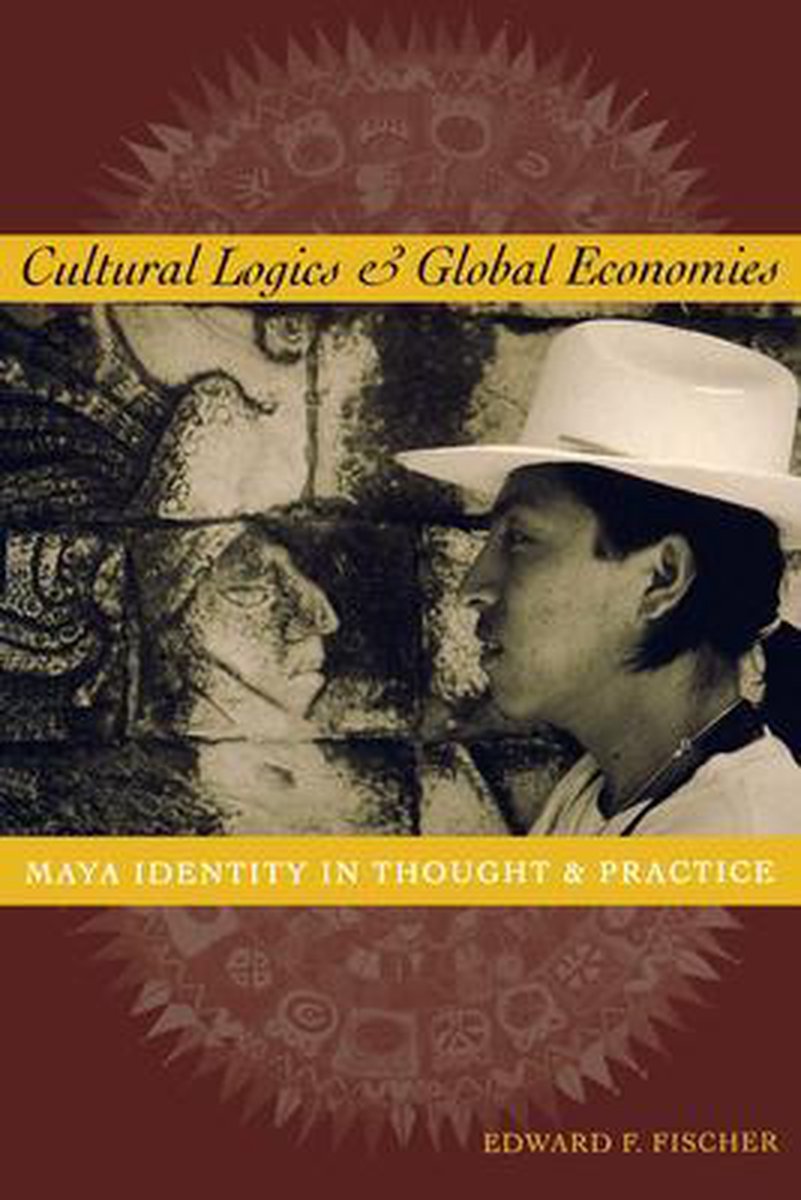Cultural Logics and Global Economies
Maya Identity in Thought and Practice
Maak tweedehands je eerste keus
- Alle boeken zijn met de hand gecontroleerd
- 30 dagen retourgarantie
- Gratis verzending vanaf 4 boeken of 40 euro
- Op werkdagen voor 15:00 besteld, dezelfde dag verzonden
25% korting
nog 1 op voorraad
10,35

Cultural Logics and Global Economies
Echt gebruikt
ISBN
9780292725348
Bindwijze
Paperback
Taal
Engels
Auteur
Uitgeverij
University Of Texas Press
Jaar van uitgifte
2002
Aantal pagina’s
303
Recensies
